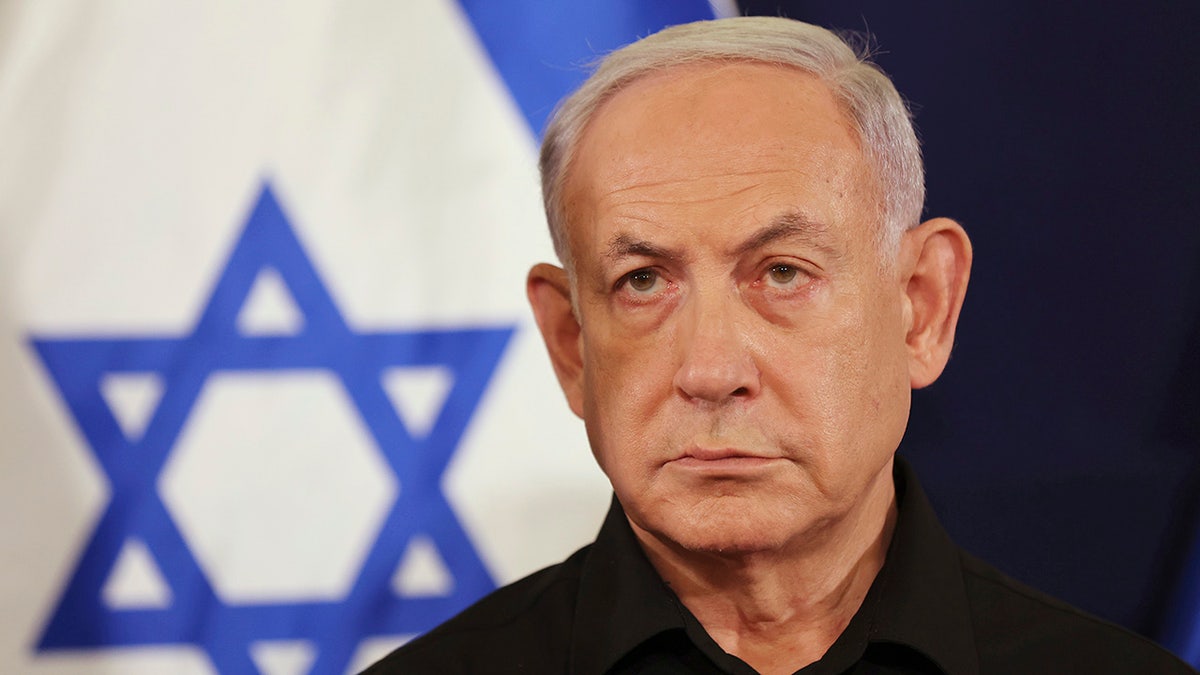
During a press briefing, Harris detailed a series of conversations with Netanyahu aimed at mitigating violence and preventing further civilian casualties. The Vice President's statements underscore the U.S. administration's commitment to a peaceful resolution and its proactive engagement in diplomatic efforts.
Sources familiar with the negotiations indicated that Harris emphasized the importance of humanitarian aid and the protection of civilians in Gaza. Her discussions with Netanyahu reportedly included calls for immediate measures to de-escalate the conflict and address the humanitarian crisis. Harris' involvement reflects the administration's broader strategy to play a more assertive role in mediating international conflicts.
The cease-fire, which was eventually brokered, halted an 11-day period of intense hostilities that resulted in significant casualties and destruction. The agreement was widely welcomed by the international community, with various leaders expressing relief at the cessation of violence. Harris' active participation in the negotiations has been noted as a significant factor in bringing the parties to the table.
Analysts suggest that Harris' engagement in the cease-fire talks marks a notable shift in her diplomatic profile. Traditionally focused on domestic issues, her involvement in international diplomacy indicates a broadening of her portfolio. This development could have implications for her future role in U.S. foreign policy, potentially positioning her as a key figure in global diplomatic efforts.
The cease-fire, while fragile, has held since its announcement, allowing for the delivery of much-needed aid to Gaza. Humanitarian organizations have been able to provide essential supplies and services, helping to alleviate the suffering of civilians affected by the conflict. The international community continues to monitor the situation closely, with hopes that the truce will pave the way for more lasting peace efforts.
Netanyahu, in his statements following the cease-fire, acknowledged the pressure from international actors, including the United States, as a driving force behind the agreement. He expressed a cautious optimism about the future, emphasizing the need for continued vigilance and cooperation to maintain the peace.
Harris' role in the negotiations has been met with mixed reactions domestically. Supporters commend her proactive approach and diplomatic skills, while critics question the long-term efficacy of the cease-fire and the administration's overall strategy in the Middle East. Nonetheless, Harris' involvement underscores the administration's commitment to leveraging diplomatic channels to address global conflicts.
As the situation in Gaza remains delicate, the Biden administration faces ongoing challenges in supporting a sustainable peace process. Harris' engagement in the cease-fire negotiations highlights the complex interplay of diplomacy, international relations, and humanitarian concerns that define the administration's approach to foreign policy.
The coming months will be critical in determining the stability of the cease-fire and the potential for a more comprehensive peace agreement. Harris' role in these efforts will likely continue to evolve, reflecting the administration's strategic priorities and its commitment to global peace and security.
Topics
Spotlight
